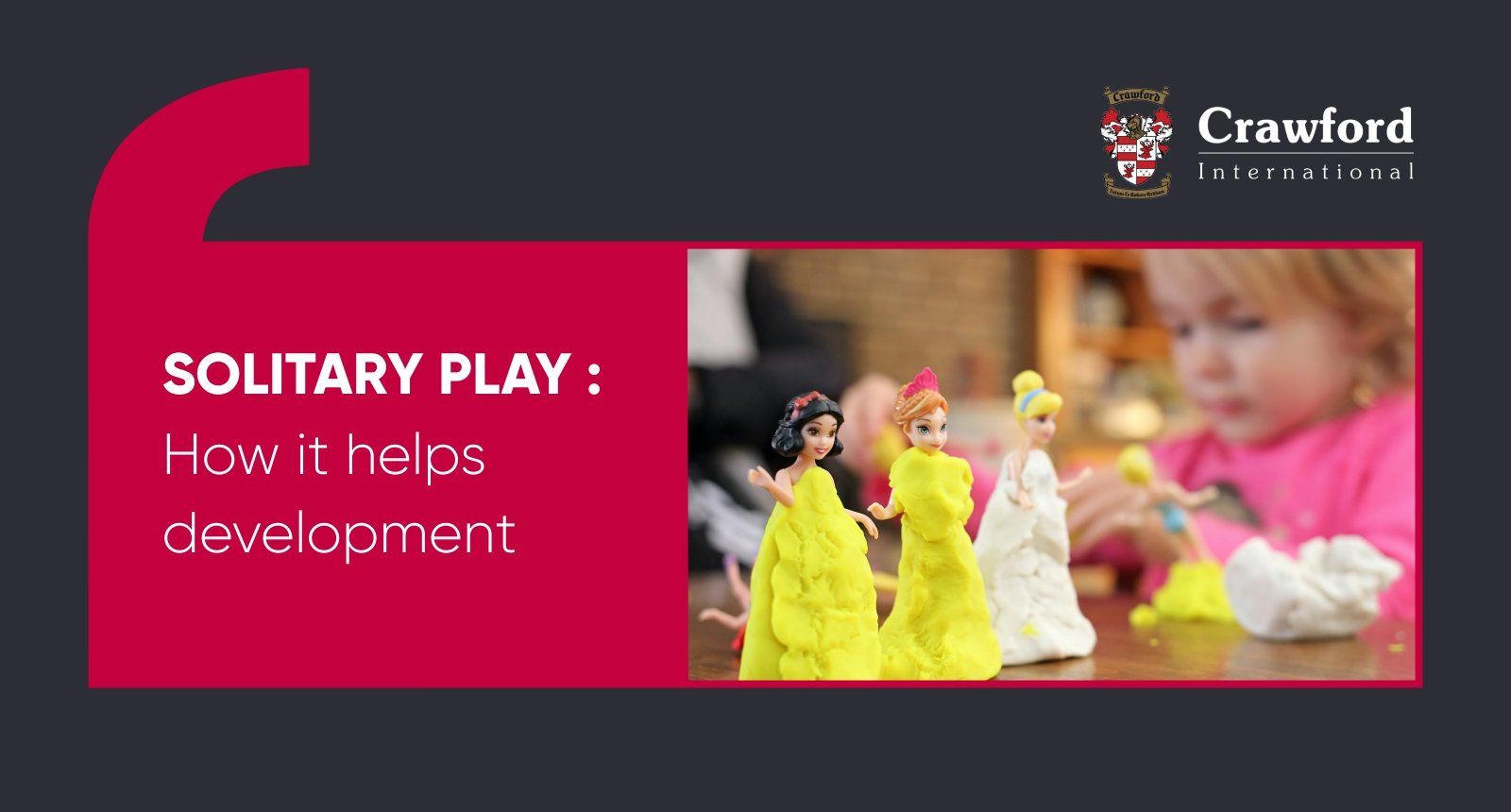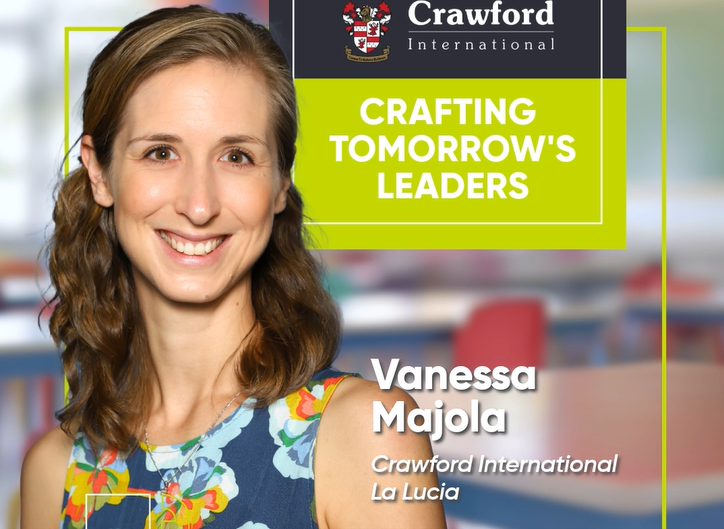Solitary Play - How It Helps Development
September 16, 2022
What is solitary play, and how does it help development?

Child’s play is literally a child’s work – it’s through play that your young child learns about how their world works and how they fit into that world. As they play, they’re exposed to stimuli and challenges that help them explore and develop physical, emotional, cognitive, and even social skills. All this while having fun!
As your child has grown from a newborn to an active toddler, you’ve probably noticed that how they play has changed too. In fact, there are six recognised stages of play in a child’s development:
- Unoccupied play
- Solitary play
- Onlooker play
- Parallel play
- Associative play
- Cooperative play
Each happens at specific age ranges and help your child develop and learn necessary skills.
How does solitary play help in child development?
Between two and three years of age, children are typically in the solitary play phase, which is also called independent play. This is where your child plays alone for a period of time, being able to focus on what they’re doing and nothing else. Essentially, they’re unaware of and just plain not interested in what is going around them while they’re playing. While this may be a welcome reprieve for parents feeling the pressure of entertaining and stimulating a little one 24/7, this stage has some real impact on overall development:
- This is where your child is learning to entertain themselves, use their imagination, creatively explore how things work, and increase their ability to concentrate.
- Solitary play also gives your child the opportunity to gain some confidence in their independence. So, try to resist the temptation to jump in help them fix mistakes or solve problems.
- Their self-awareness and self-esteem also get a boost from independent play, and things they act out and problem-solve for now could help them find solutions for real-life issues they may be experiencing.
- Being in charge of the how and why also means your child has to think things through, and then follow them through. As a result, persistence and concentration are rewarded.
- Abstract thinking is also a benefit of solitary play, especially for older kids. Because even though this stage is most common in toddlers, older children also often enjoy periods of playing alone.
How you can help
Even though they’re doing the hard work here, there are still things you can to do help your child get the most out of this stage of play:
- Give them access to a variety of toys they can play with – building blocks, figurines and dolls, vehicles, soft toys, pretend play and dress-up items, etc. This means they get to choose how to express themselves in their solitary play, which will be different from day to day.
- Encourage your little one to play independently – this doesn’t mean you don’t love them or don’t have time for them, but that being able to function independently is an important life skill.
- Solitary play is not only an indoor activity. Swinging, sliding, climbing, and other playground play also help to target motor skills, coordination, and self-confidence.
- Supervise the solitary play for safety reasons, but leave your child to play as they like. Being “the boss” without your guidance is what really makes this an important developmental phase.
Read another Crawford International developmental blog article here.












